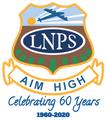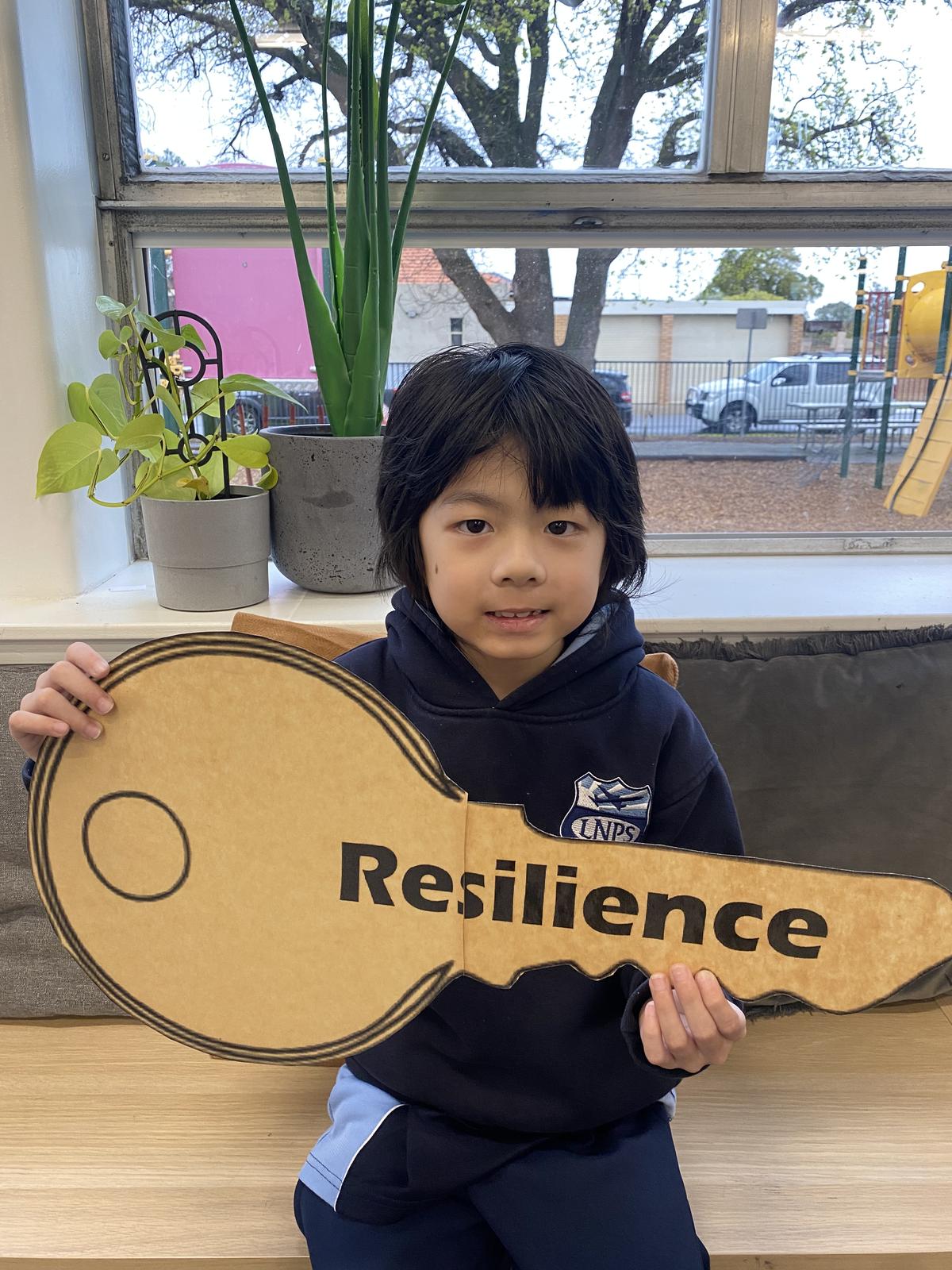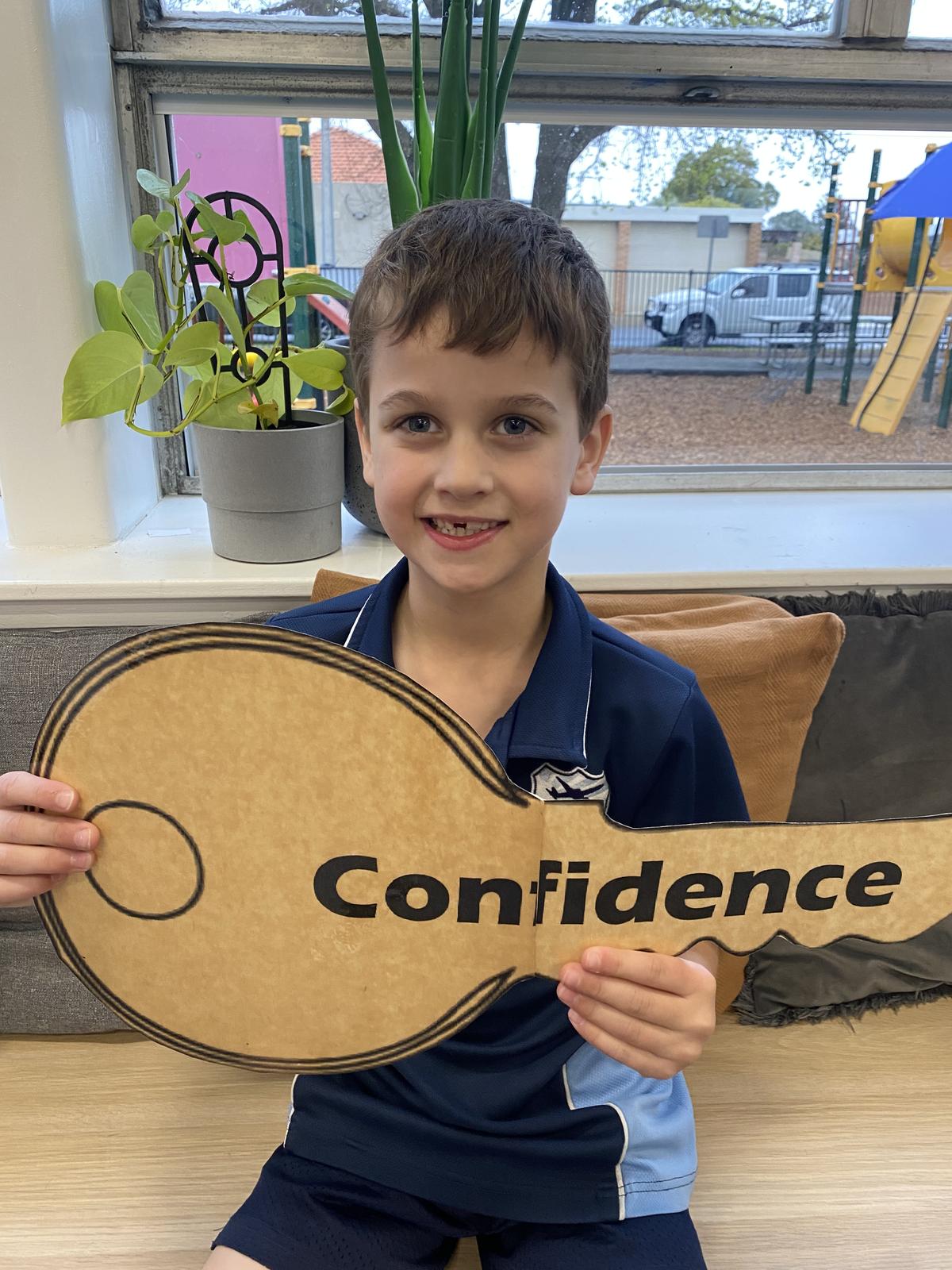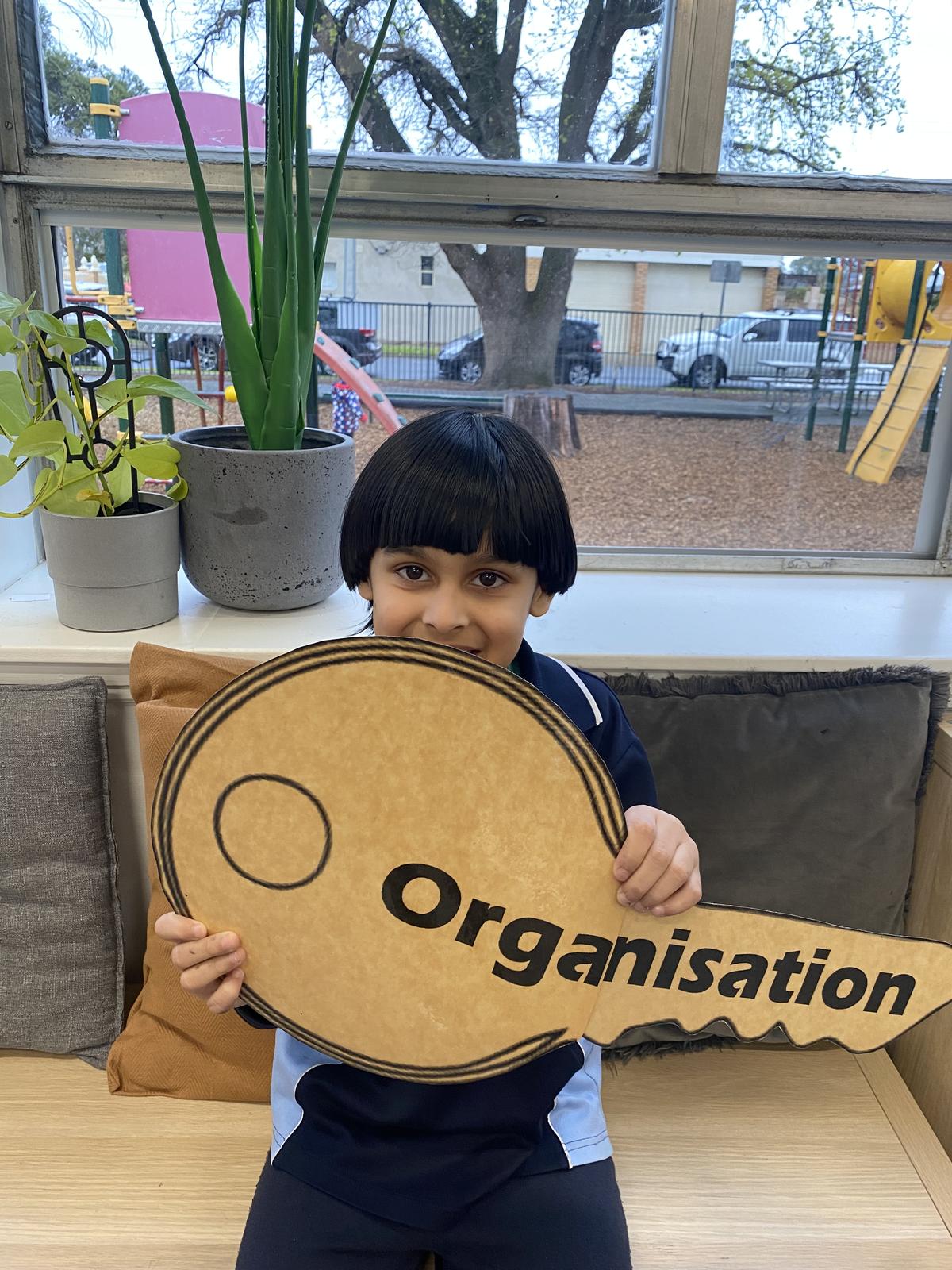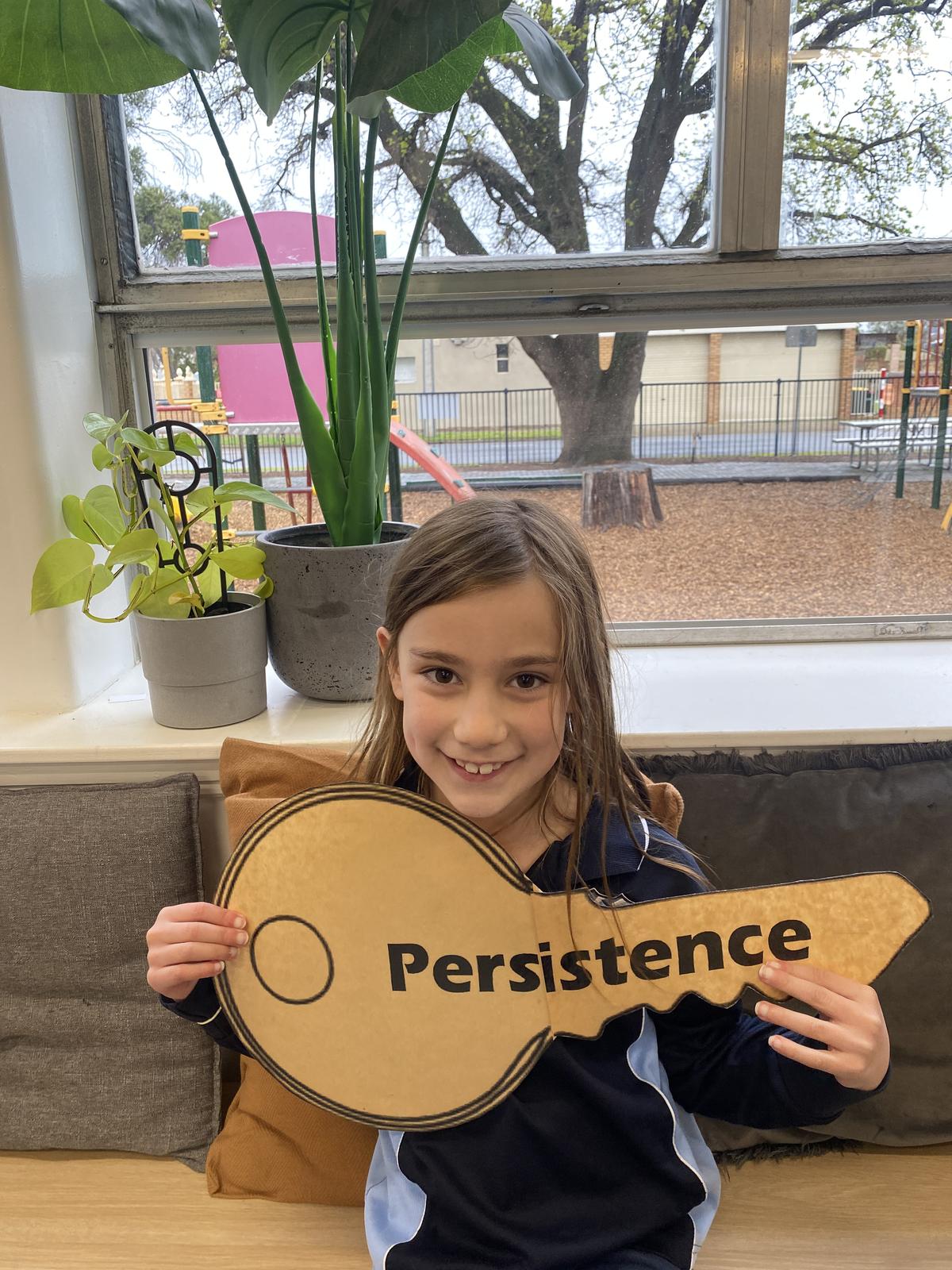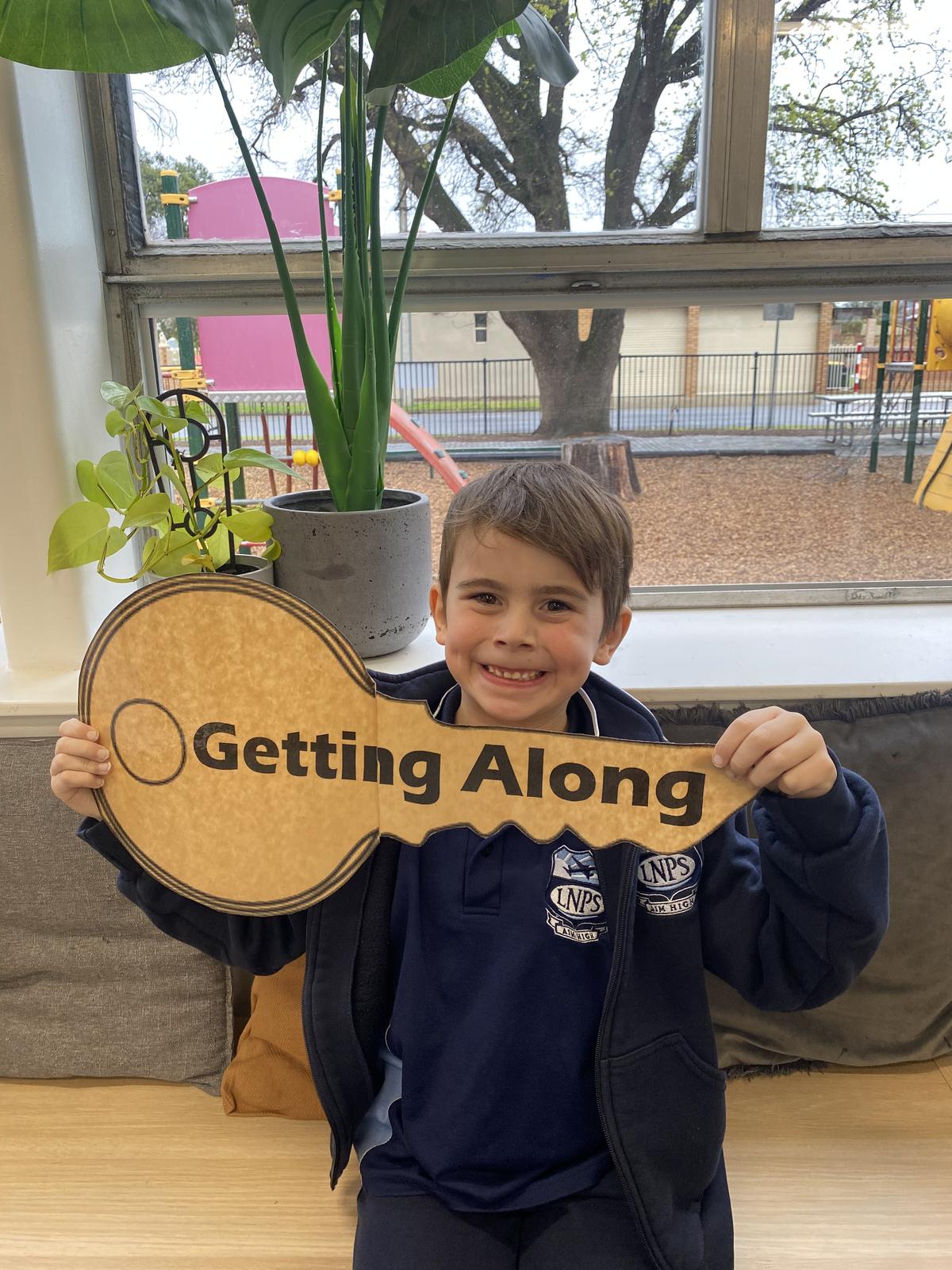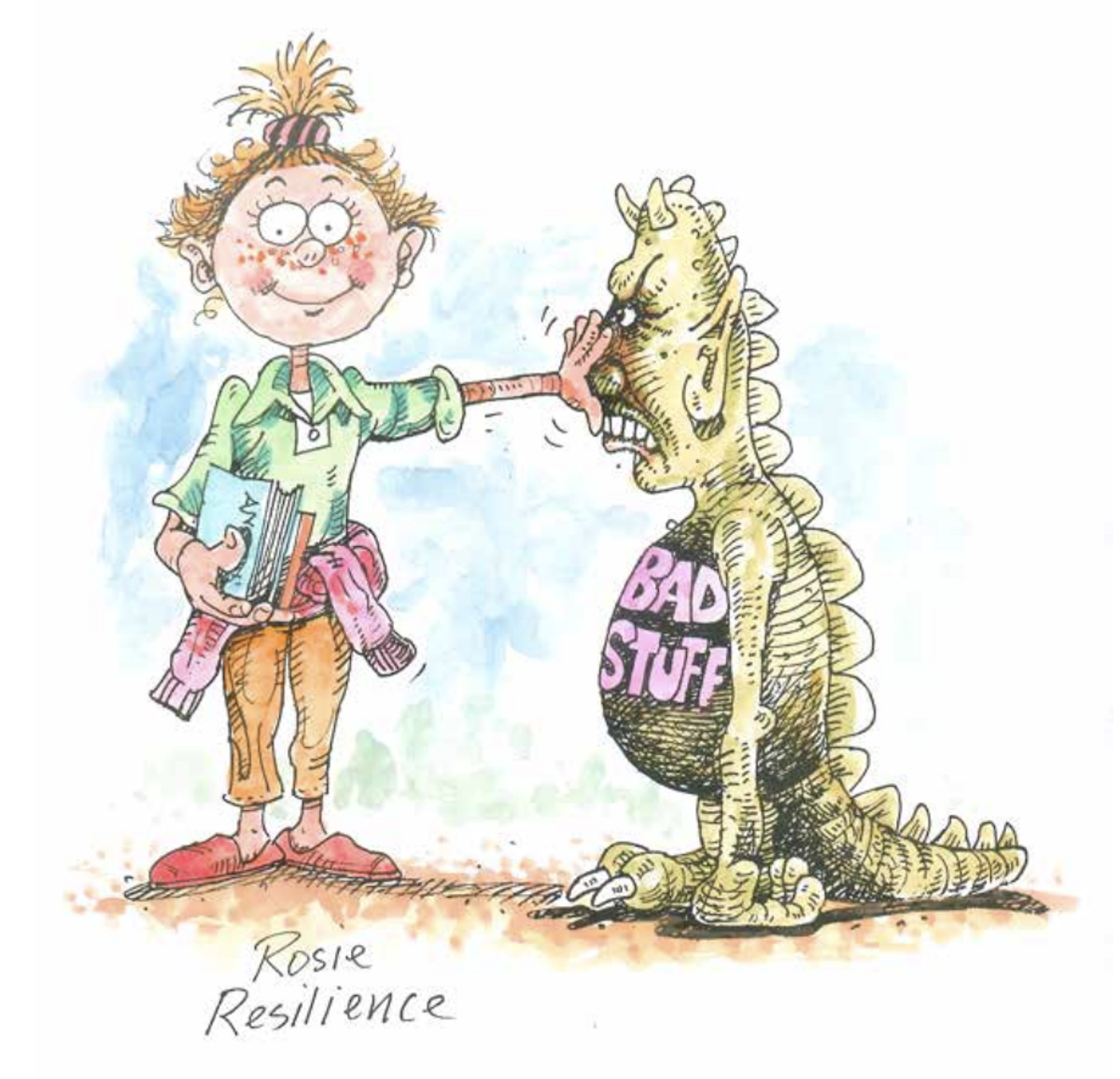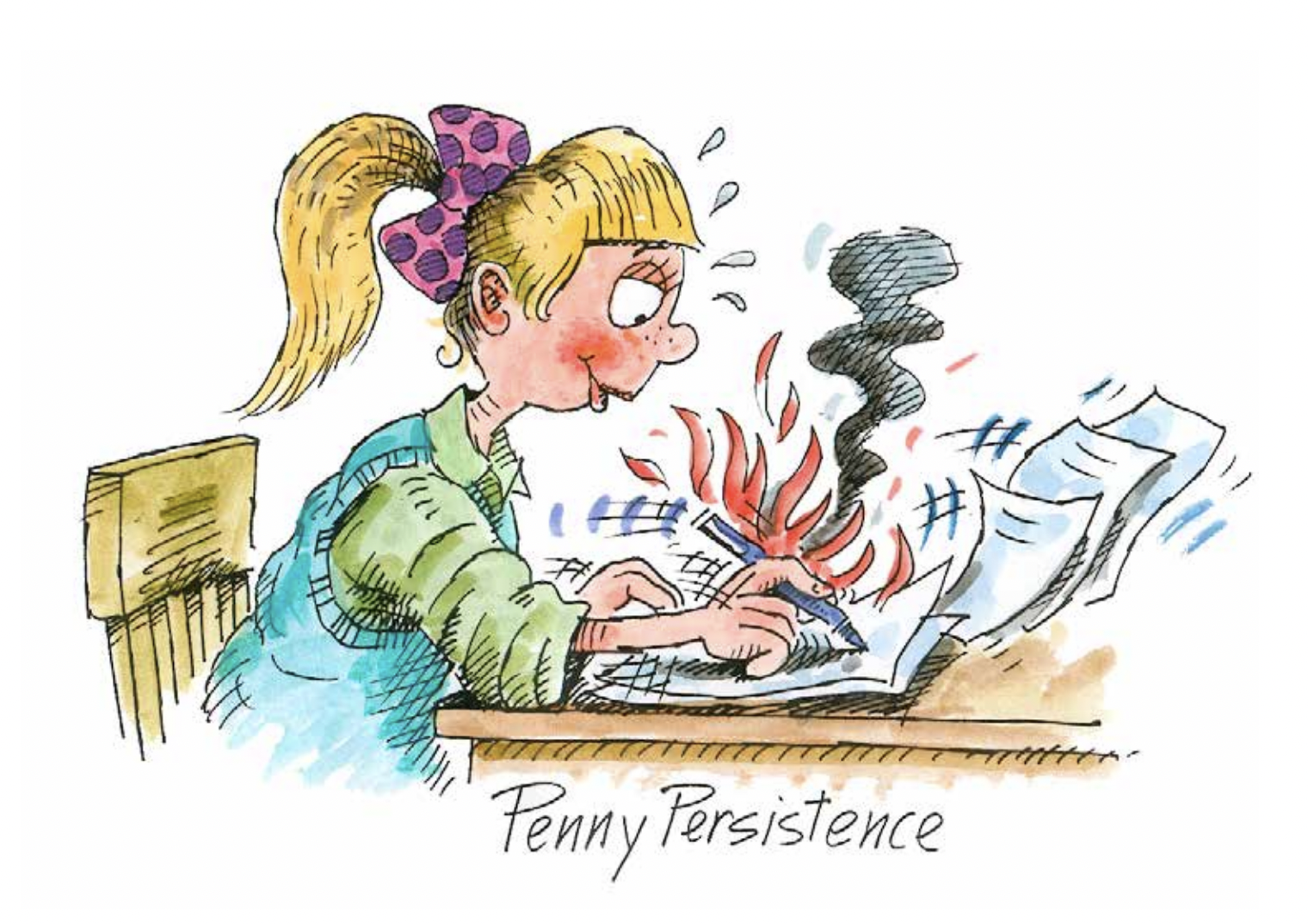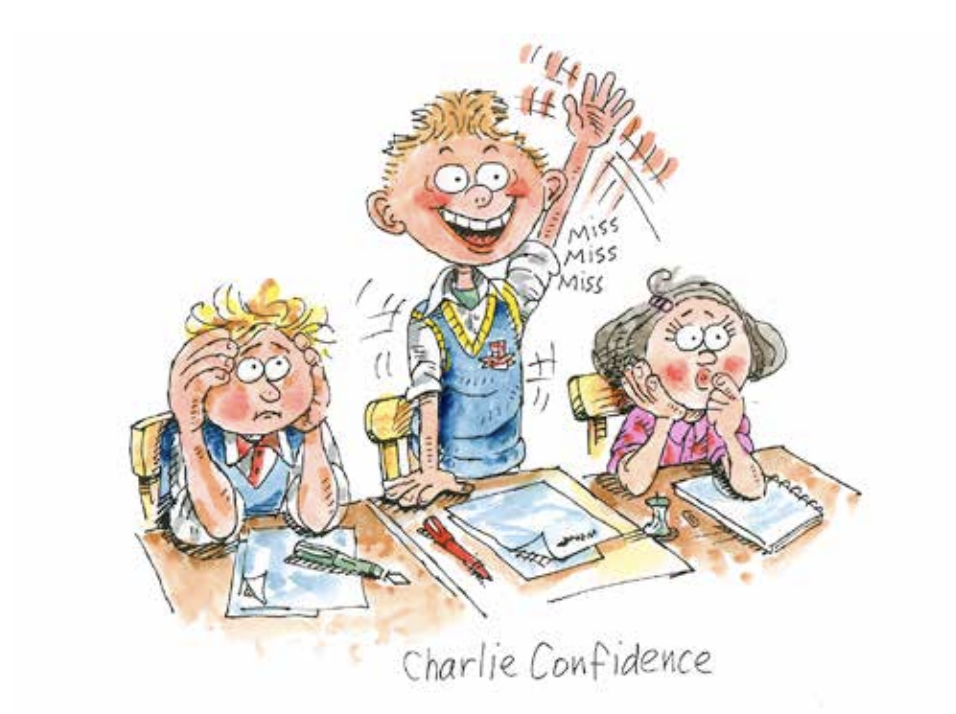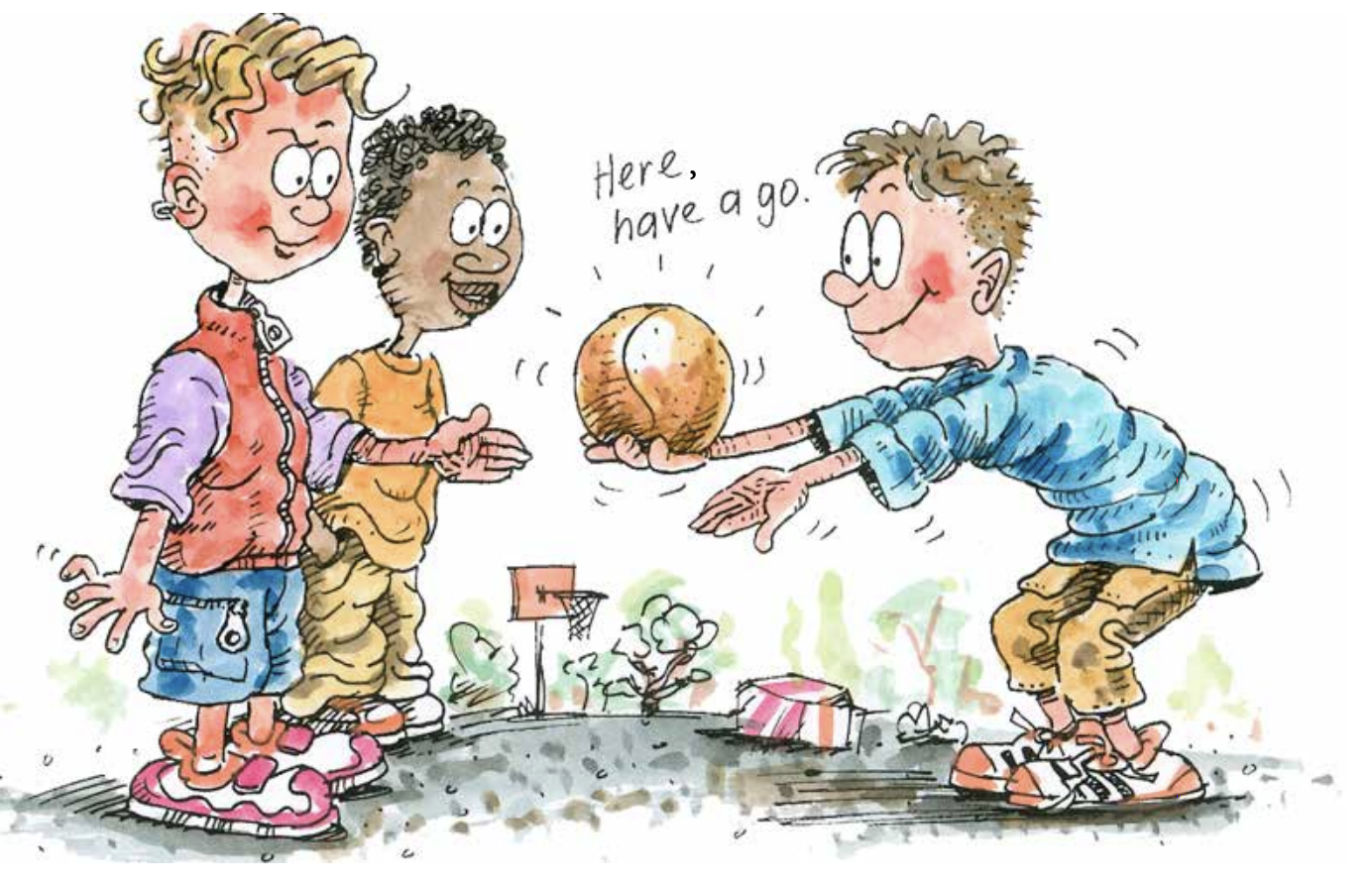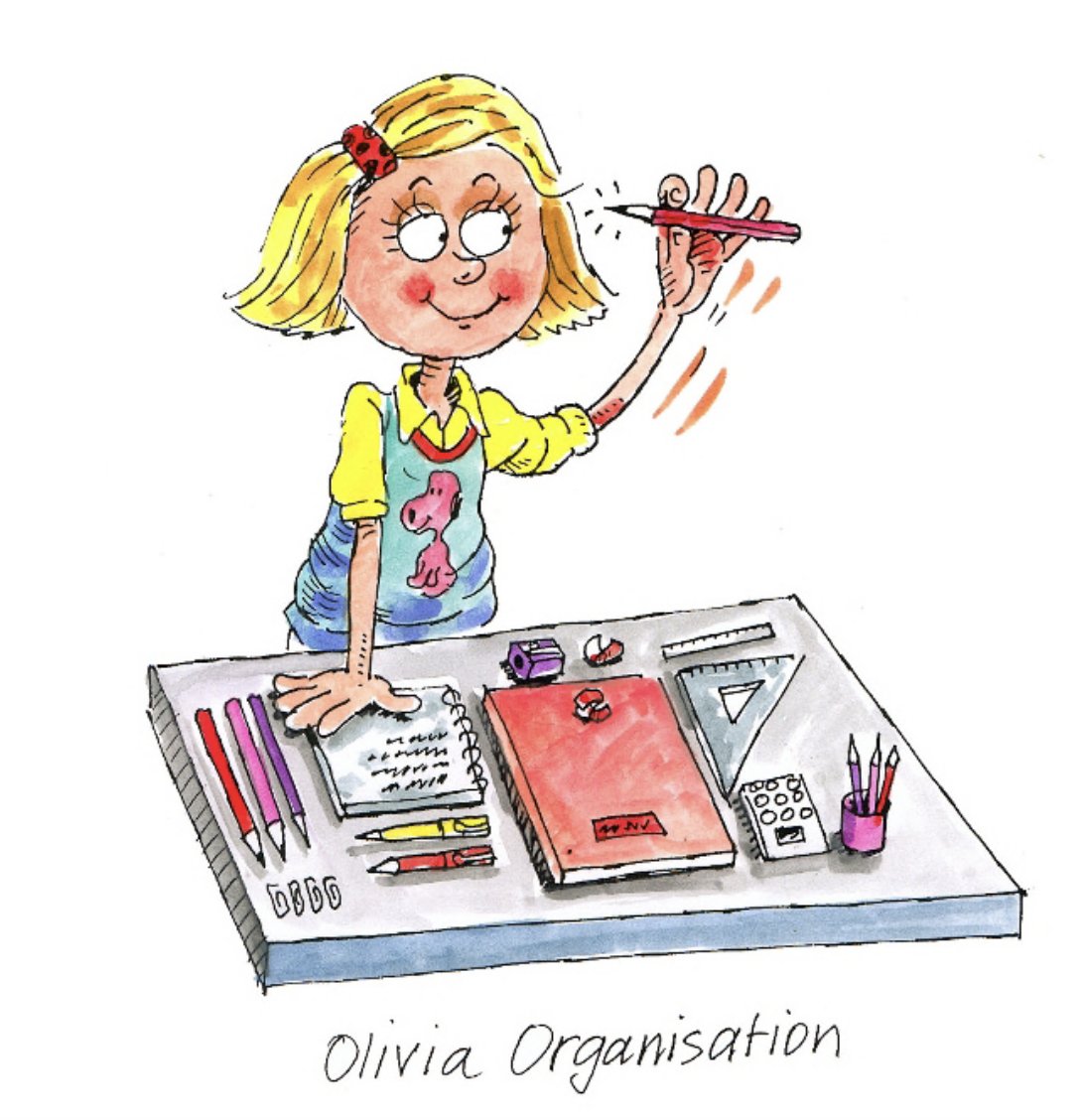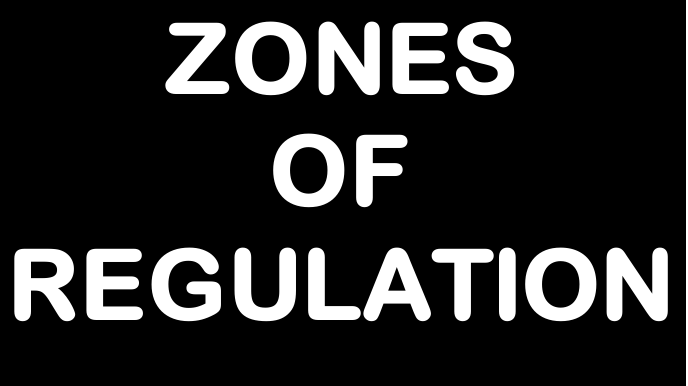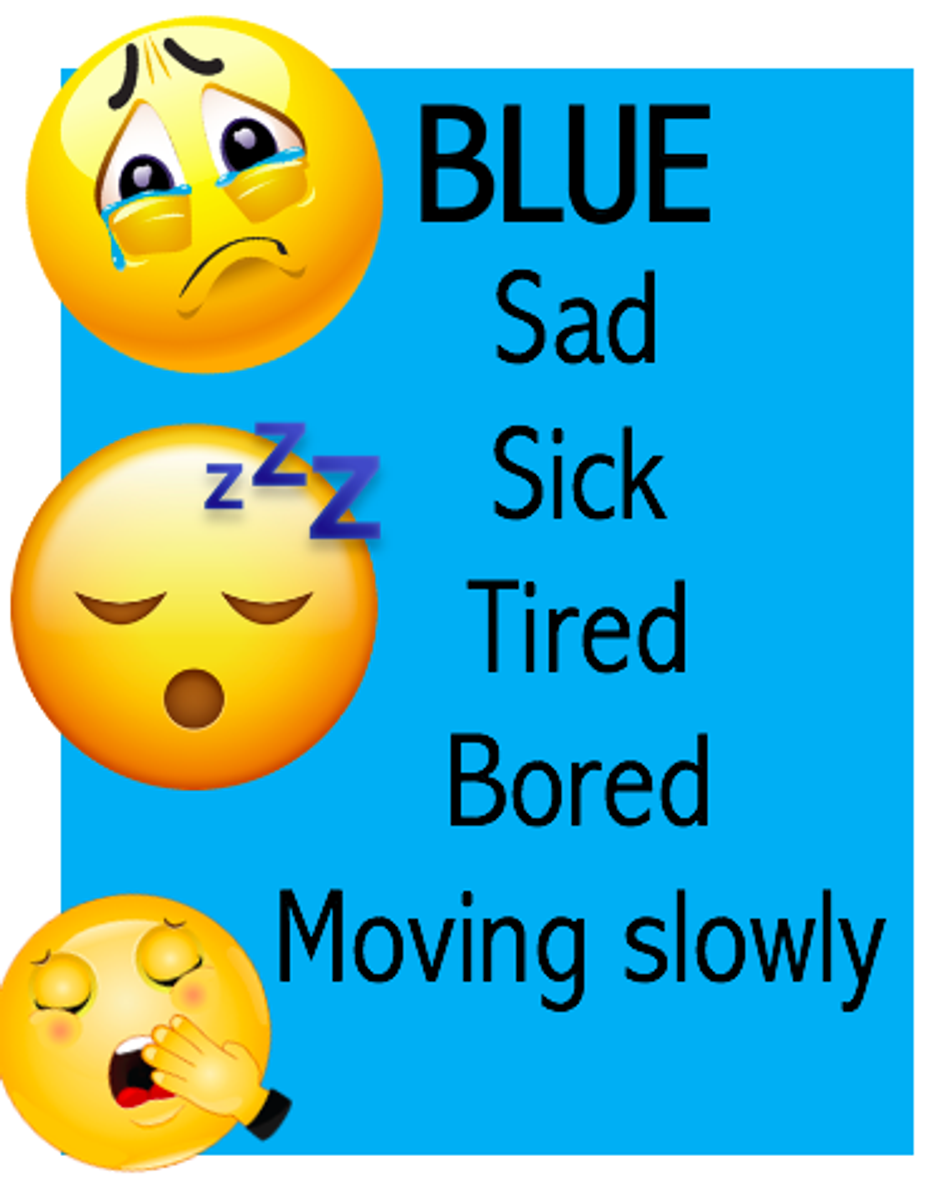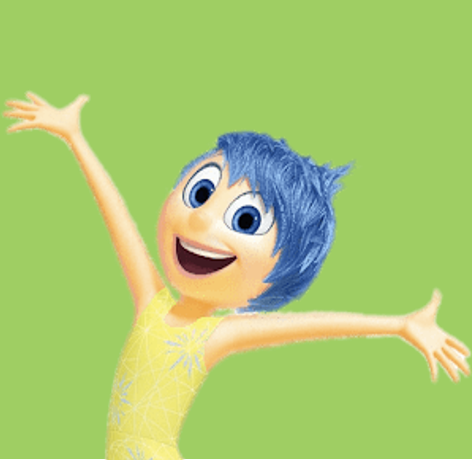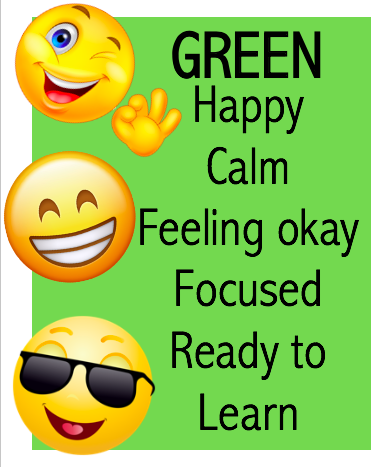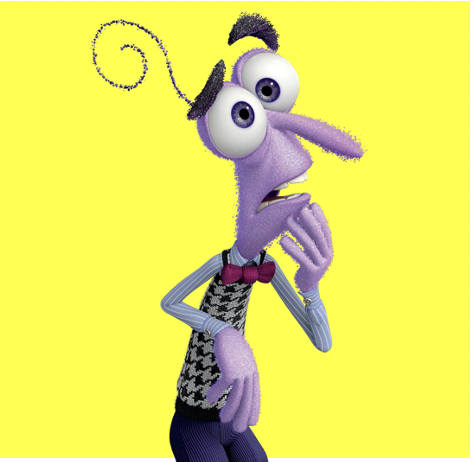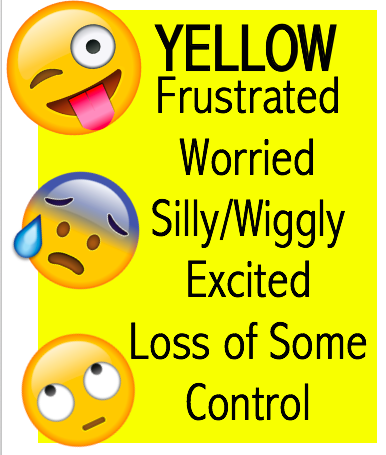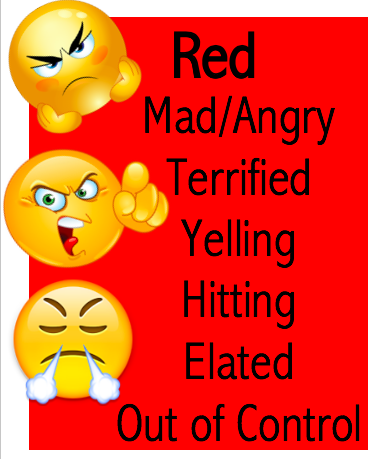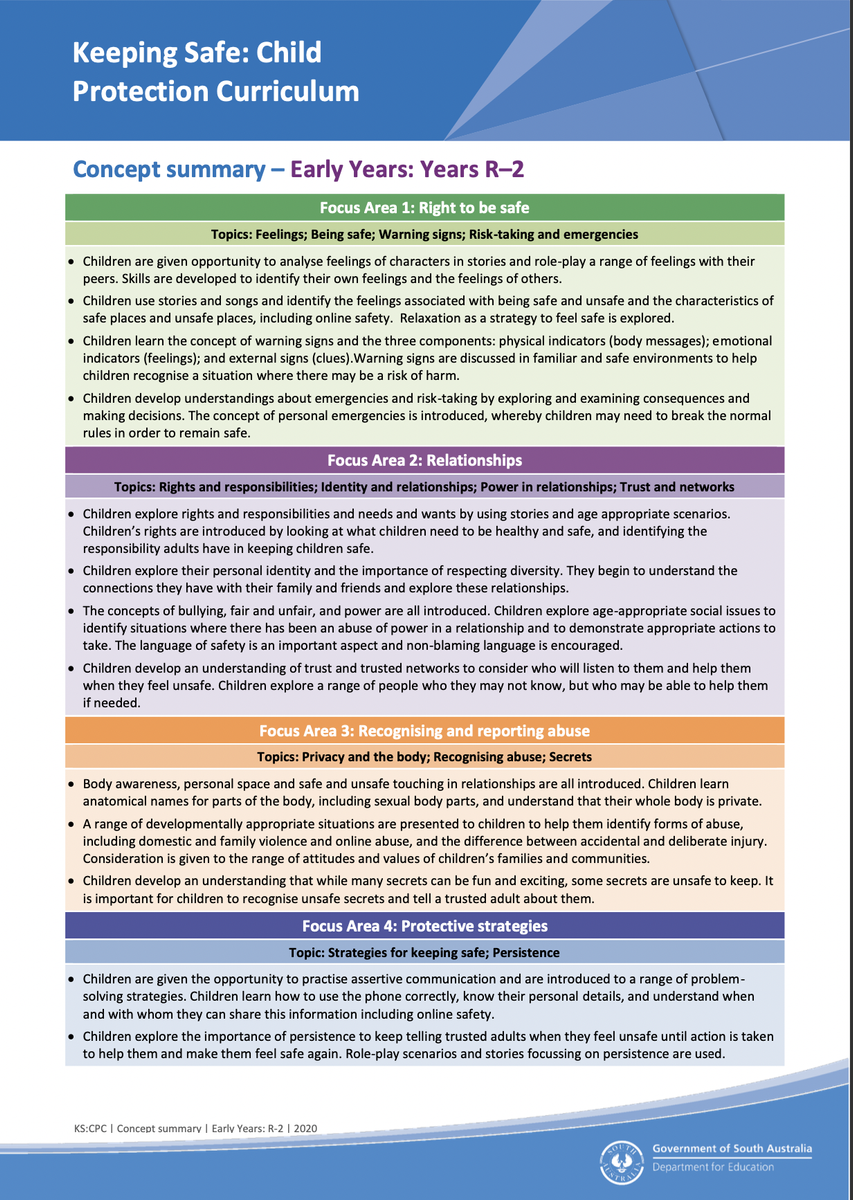HEALTH AND WELLBEING
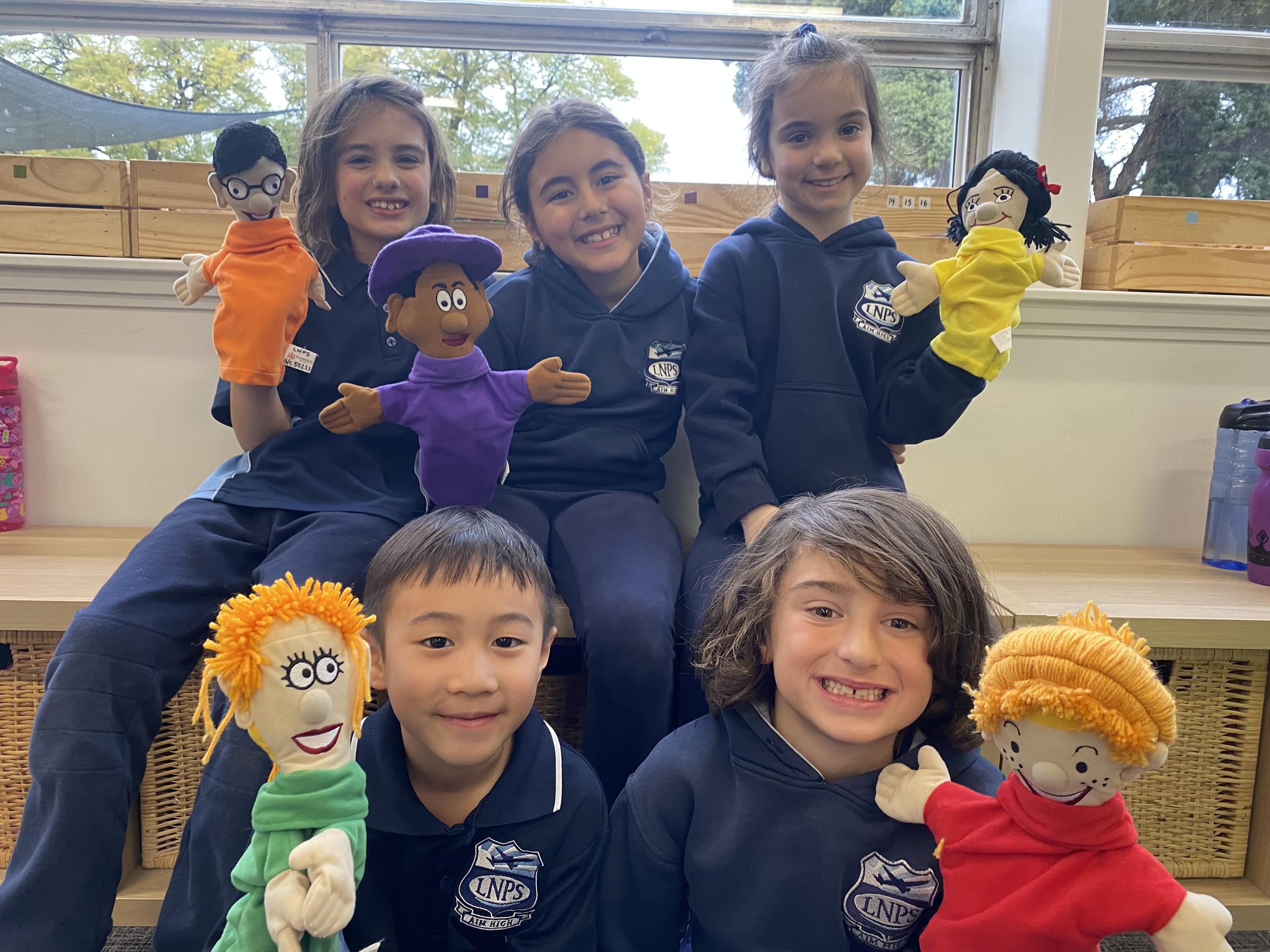
YOU CAN DO IT (YCDI) / HEALTH
Program Achieve is an evidence based social-emotional learning program that maximises success, positive relationships and wellbeing. Research published over the past decade continues to report the positive impact of Program Achieve on mental health, wellbeing, achievement, behaviour and positive relationships. Throughout the year, we explore the '5 Keys to Success': confidence, resilience, persistence, getting along and organisation, and how we can use these to be the best that we can be.
In Semester 2, we are focussing on wellbeing and social and emotional blockers. Our focus will be around resilience and happiness along with using confidence and persistence to overcome feeling down or angry, procrastinating and not paying attention.
We will be encouraging students to:
- Understand their feelings
- Know ways to stay calm and cope in difficult situations
- Learn strategies to overcome problems blockers that they face
WELLBEING
CIRCLE TIME
We use Circle Time to develop positive relationships between children and we aim to give them tools to engage with and listen to each other.
The circle that we sit in encourages respect, turn-taking and working together. It also helps children work on five key skills, which include thinking, listening, looking, speaking and concentrating.
We see Circle Time as having many benefits for children including improved oral language skills, increased self-esteem, a sense of community and responsibility, improved problem-solving skills and relationships between children.
HEALTHY MIND
We encourage students to to be in touch with their emotions and to understand how they are feeling. We provide them with examples and practise ways that they can self regulate when not they are not in the green zone.
RELAXATION
Regular relaxation can help improve children's concentration, achievement, attendance, behaviour and general health and wellbeing.
Physical outcomes include:
Self-awareness, relaxes muscles, calms nerves, boosts immune system and general wellbeing.
Mental outcomes include:
Sharpens concentration and clarity, promotes positive thinking, improves memory and recall, reduces stress and tension, develops imagination and creativity.
CHILD PROTECTION CURRICULUM
In Semester 2 we will also be focussing on the Child Protection Curriculum as part of the Health Curriculum. All Mellor classes will be engaging with the Keeping Safe: Child Protection Curriculum (KS:CPC)
There are 2 main themes:
- We all have the right to be safe
- We can help ourselves to be safe by talking to people we trust
The four main focus areas are:
The right to be safe: feelings, being safe, warning signs, risk taking and emergencies
Relationships: trust and networks, rights and responsibilities, use and abuse of power
Recognising and reporting abuse: anatomical names of parts of the body, recognising abusive situations and secrets
Protective strategies: practising protective strategies, persistence.
More information can be found on the DECD child protection curriculum site https://www.education.sa.gov.au/parents-and-families/curriculum-and-learning/early-years/keeping-safe-child-protection-curriculum-information-parents-and-carers
